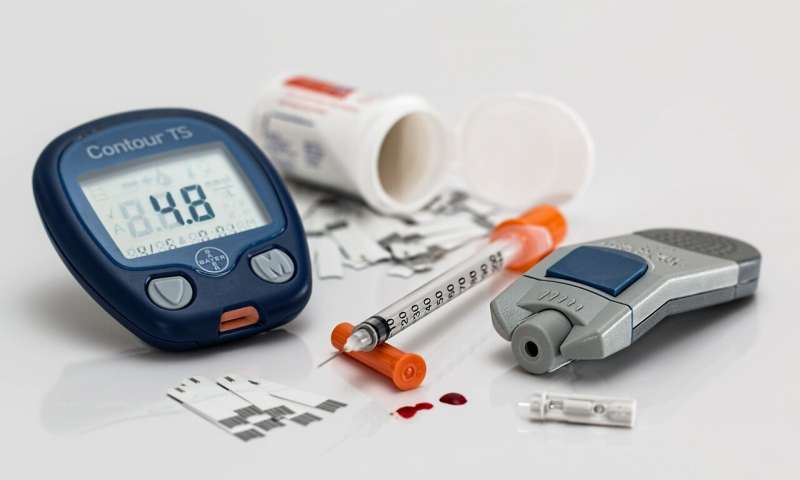Enhancers are regions of DNA that do not code for proteins, but control how genes are expressed. Super-enhancers are clusters
Month: January 2022

Brain activity during observational learning similar to memory recall
As others go through different experiences, we can sometimes learn from watching their example. Researchers have long explained that we
Breastfeeding reduces mothers’ cardiovascular disease risk, review found
Women who breastfed were less likely to develop heart disease or a stroke, or die from cardiovascular disease than women
Flu shots and measles vaccines could also help ‘flatten the curve’ for COVID-19
While the world has celebrated the arrival of highly effective vaccines against COVID-19, new work by researchers at Weill Cornell

Death rates among people with type 2 diabetes have declined in many countries including Australia, Canada and the US
People with type 2 diabetes are living longer, with a new study suggesting that health management strategies developed in recent
Study finds neurons derived from stem cells predict psychosis, cognitive deficits in individuals with schizophrenia
In a breakthrough that holds significant promise for early diagnosis and better treatment of psychiatric illness, researchers have for the
Artificial intelligence offers a faster way to predict antibiotic resistance
Antibiotic-resistant bacteria are on the rise all over the world—and Switzerland is no exception. Each year, infections caused by multi-drug
Secondhand nicotine vaping at home linked to heightened risk of bronchitic symptoms in young adults
Secondhand exposure at home to the nicotine vapor from e-cigarettes is linked to a heightened risk of bronchitic symptoms and
Researchers use artificial intelligence to guide the search for the next SARS-like virus
An international research team led by scientists at Georgetown University have demonstrated the power of artificial intelligence to predict which
Years lived alone and/or serial break-ups strongly linked to inflammation in men
Living alone for several years and/or experiencing serial relationship break-ups are strongly linked to raised levels of inflammatory markers in
